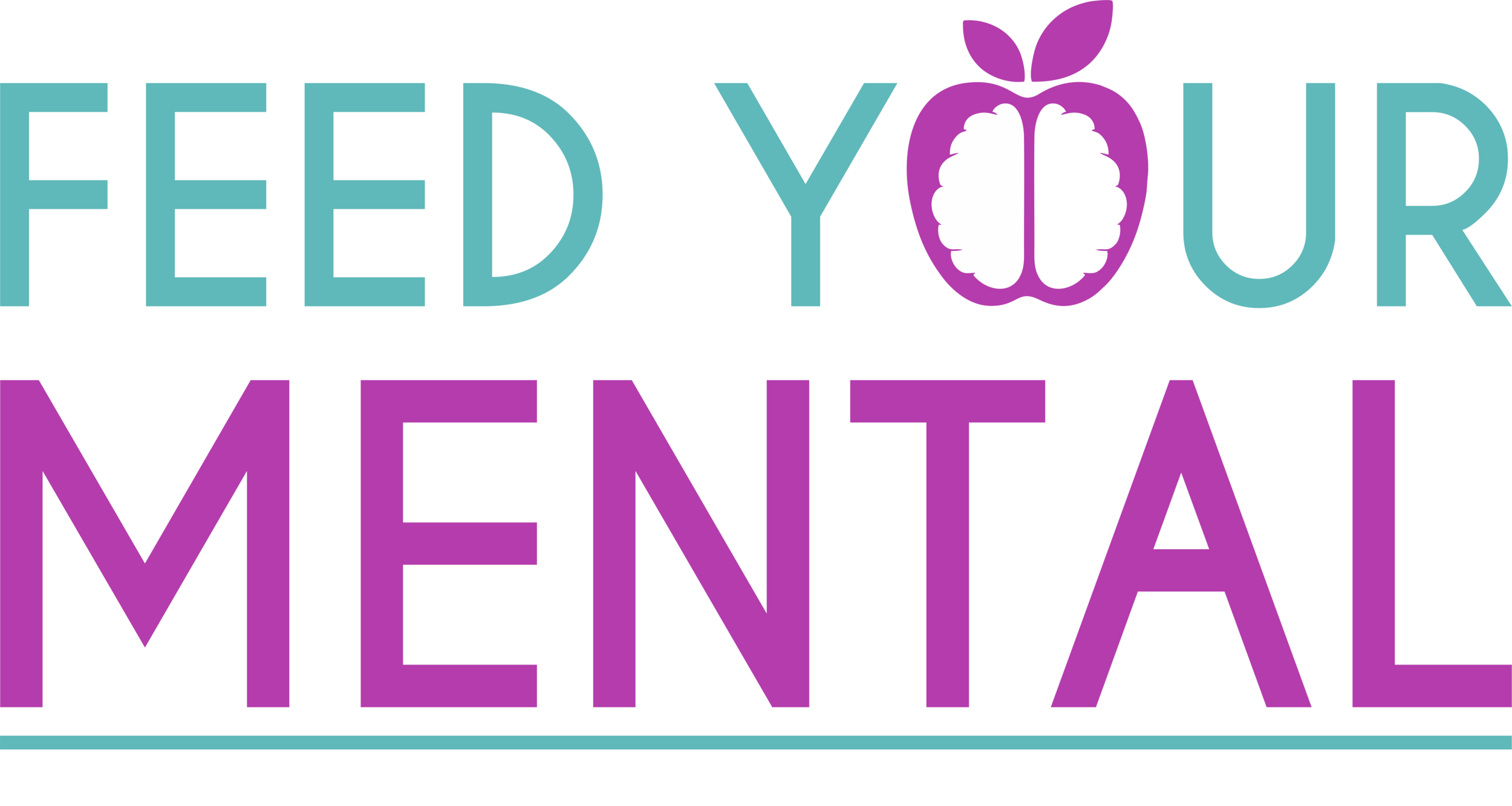Serotonin in the gut vs. Serotonin in the brain
Nutritional psychology as a field has been gaining increasingly more attention. If you look at social media and blogs online, one of the biggest reasons why some people are promoting the importance of the diet-mental health relationship is because of this fact: “95% of the bodies’s serotonin is produced in the gut.” And while that is true, that’s also suggesting that this gut serotonin is the same as the serotonin in our brain that is responsible for our mood and behavior. Let’s take a look at the current research to understand the difference between serotonin produced in the gut and serotonin that is produced in the brain to understand why this difference is important.
Serotonin
Serotonin is a neurotransmitter. A neurotransmitter is a molecule that neurons use to communicate at synapses. Serotonin is a complex molecule and exerts a variety of biological functions including regulating mood, cognition, learning, memory, even appetite and vomiting.
Altered serotonergic activity has been associated with many mood disorders including depression, anxiety and schizophrenia. MDD is one of the most important mental disorders associated with altered serotonergic activity. This discovery eventually lead to the development of SSRI’s (Selective Serotonin Reuptake Inhibitors) which allows for more serotonin to be available for the brain to use.
In the gut, serotonin is made and secreted by specialized cells called enterochromaffin cells that line the wall of the gut. Here, serotonin plays a major role in controlling peristalsis, which is the wave-like contractions of the gut walls that move food along the digestive tract, allowing for the digestion and absorption of nutrients. Serotonin mediates various functions in the gut by acting on a diverse range of receptors present on smooth muscle, enteric neurons, enterocytes, and immune cells. Some of these other functions include nausea, vomiting, and intestinal secretion. The serotonin produced in the gut is called peripheral serotonin. Altered levels of this peripheral serotonin have been linked to diseases such as irritable bowel syndrome, cardiovascular disease, and osteoporosis.
The rest of the serotonin that gets produced in the body is made in the brain and is called brain derived serotonin (BDS). In the brain, serotonin is produced in the raphe nucleus of the brain stem and hypothalamus. Here is where it functions as a neurotransmitter, responsible for influencing our mood, thoughts, and appetite. The serotonin produced in the gut and in the brain is the same molecule from a structural perspective, but as you can see functionally, it is different.
Does Peripheral Serotonin affect our mood?
Neural pathways connect the brain and the stomach via the enteric nervous system which means that serotonin in the gut can potentially send signals and communicate to the brain. The vagus nerve is one of the ways that the gut and the brain communicate with each other. It is also hypothesized that gut microbiota are able to significantly influence the production of peripheral serotonin and may also have an influence on brain derived serotonin.
There are very limited studies using humans which makes it difficult to generalize findings from animal studies because of our inherent differences in biology. Nevertheless, animal studies are used as guides to help us understand this phenomen. Elaine Hsiao and her research group published findings in the Journal Cell in 2015 that stated that in mice, a specific mixture of bacteria in the gut microbiota, produces molecules that signal to gut cells to increase production of serotonin. When their team raised germ free mice, known as mice without the bacteria, more than 50% of their gut serotonin was missing. This demonstrates that specific bacteria promote serotonin levels in the gut, at least in mice. More research is needed in order to understand the complexities related to the ways in which human gut microbiota can influence our mental and brain health, particularly if it offers new ways of treating mental health conditions like MDD.
Conclusion
The bottom line is that brain-derived serotonin (BDS) acts as a neurotransmitter, while gut-derived serotonin (GDS) acts as a hormone. In fact, the serotonin produced in the gut is not able to cross the blood brain barrier (BBB), a picky vascular barrier that helps regulate substances that enter and leave the brain. This means that the gut serotonin never enters the brain, and is instead used for other gut motility functions. It is the brain derived serotonin that is responsible for influencing our mood, thoughts, and appetite.
Clearly, there is an important connection that exists between the gut and the brain, as there are many ways in which they are able to communicate with each other. What is fundamental is that, we are still understanding this communication system and the myriad of ways this pathway influences our mental and brain health. But it’s not as straightforward as other people on the internet are making it seem. There are many reasons why its important to care about the diet-mental health relationship. But this known fact is not necessarily one of them.
References
Banskota, S., Ghia, J. E., & Khan, W. I. (2019). Serotonin in the gut: Blessing or a curse. Biochimie, 161, 56–64. https://doi.org/10.1016/j.biochi.2018.06.008
Namkung, J., Kim, H., & Park, S. (2015). Peripheral Serotonin: a New Player in Systemic Energy Homeostasis. Molecules and cells, 38(12), 1023–1028. https://doi.org/10.14348/molcells.2015.0258
Lin, S. H., Lee, L. T., & Yang, Y. K. (2014). Serotonin and mental disorders: a concise review on molecular neuroimaging evidence. Clinical psychopharmacology and neuroscience : the official scientific journal of the Korean College of Neuropsychopharmacology, 12(3), 196–202. https://doi.org/10.9758/cpn.2014.12.3.196
Yano, J. M., Yu, K., Donaldson, G. P., Shastri, G. G., Ann, P., Ma, L., Nagler, C. R., Ismagilov, R. F., Mazmanian, S. K., & Hsiao, E. Y. (2015). Indigenous bacteria from the gut microbiota regulate host serotonin biosynthesis. Cell, 161(2), 264–276. https://doi.org/10.1016/j.cell.2015.02.047


